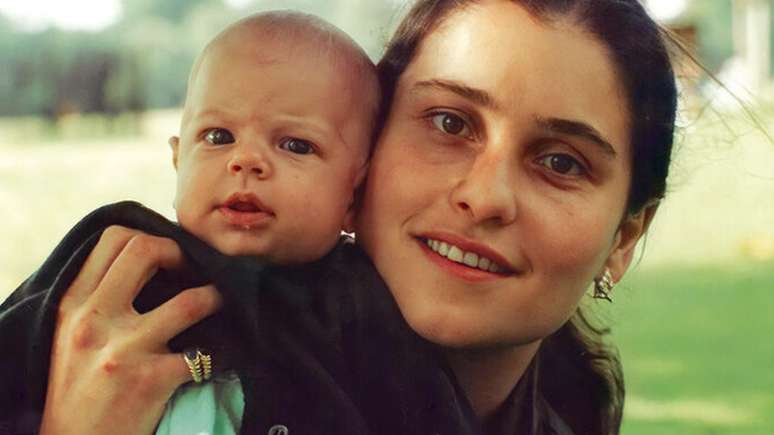Is it difficult for a woman to work in the dangerous profession of epidemiologist? What does it feel like to realize that you are constantly in danger and at the same time responsible for the health of entire populations? Are there diseases to which women are more susceptible than men?
Epidemiologist Ekaterina Belyakova* answered these and other questions in an exclusive interview with VOICE. Recently, a girl had an unusual experience: she became a consultant on the set of the TV series Evie. “Zero point”. In such reporting about doctors and epidemics, the role of the consultant is extremely important – it is he who is responsible for ensuring that the viewer sees the most truthful and scientifically based story, in the case of “Point Zero” – about an outbreak of an unknown virus.
Read Ekaterina’s interview about the difficult profession of women and watch all episodes of “Point Zéro” exclusively in online cinema Ivy.
*Candidate of medical sciences, epidemiologist at University Clinical Hospital No. 1 and the Department of Sanitary and Epidemiological Control of the Sechenov University Clinical Center. Expert at the Coordination and Analysis Center for Ensuring Chemical and Biological Safety of Sechenov University.












